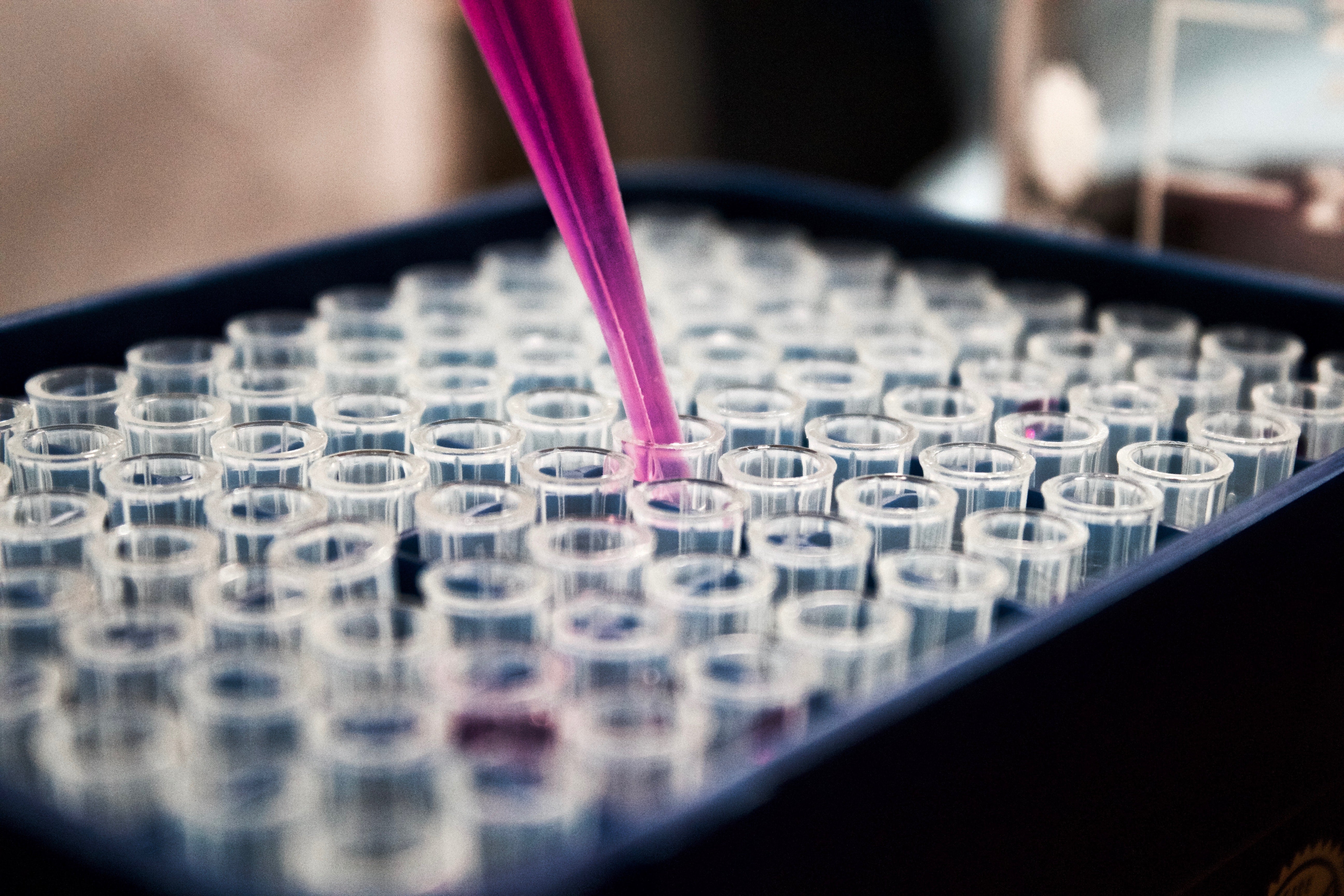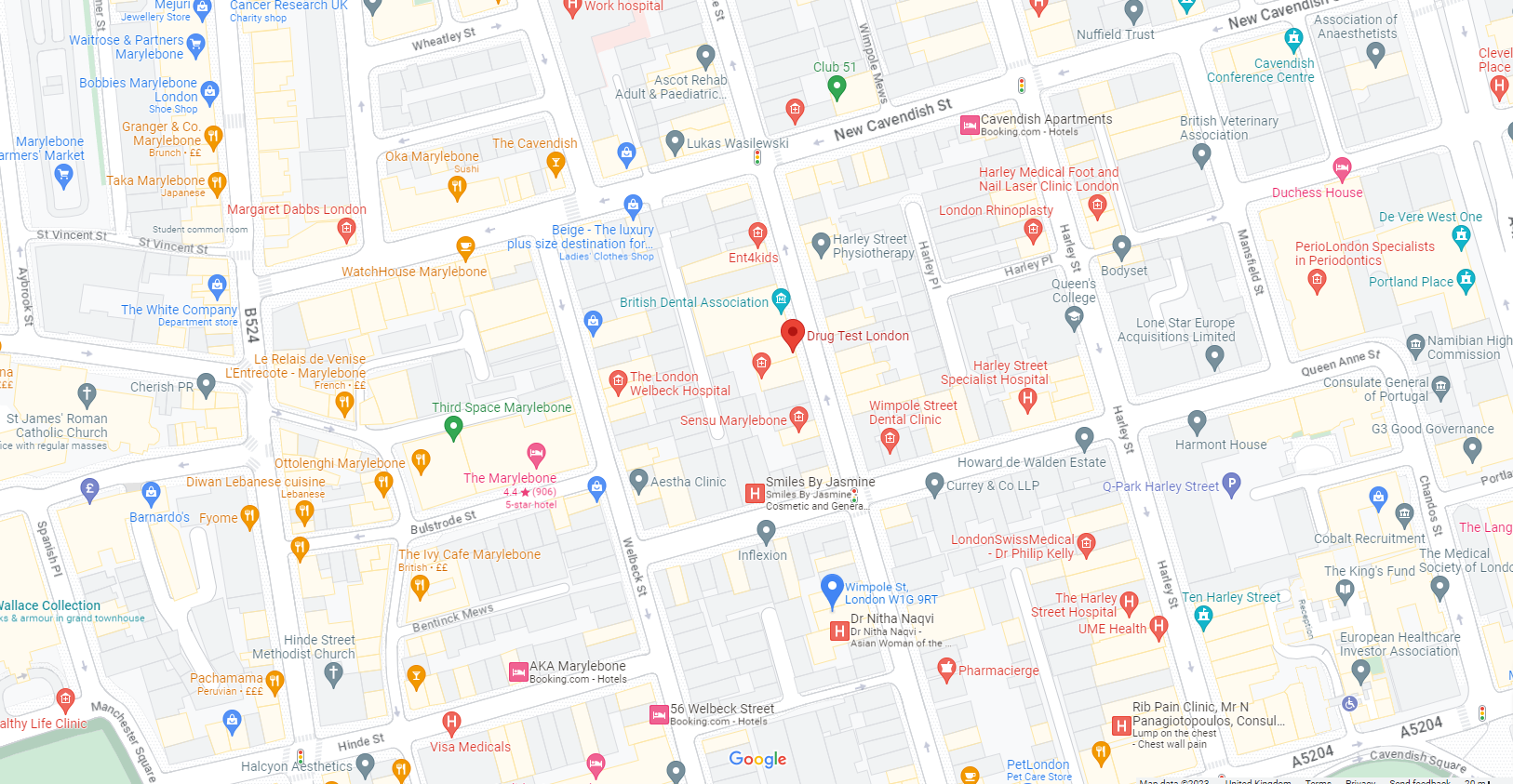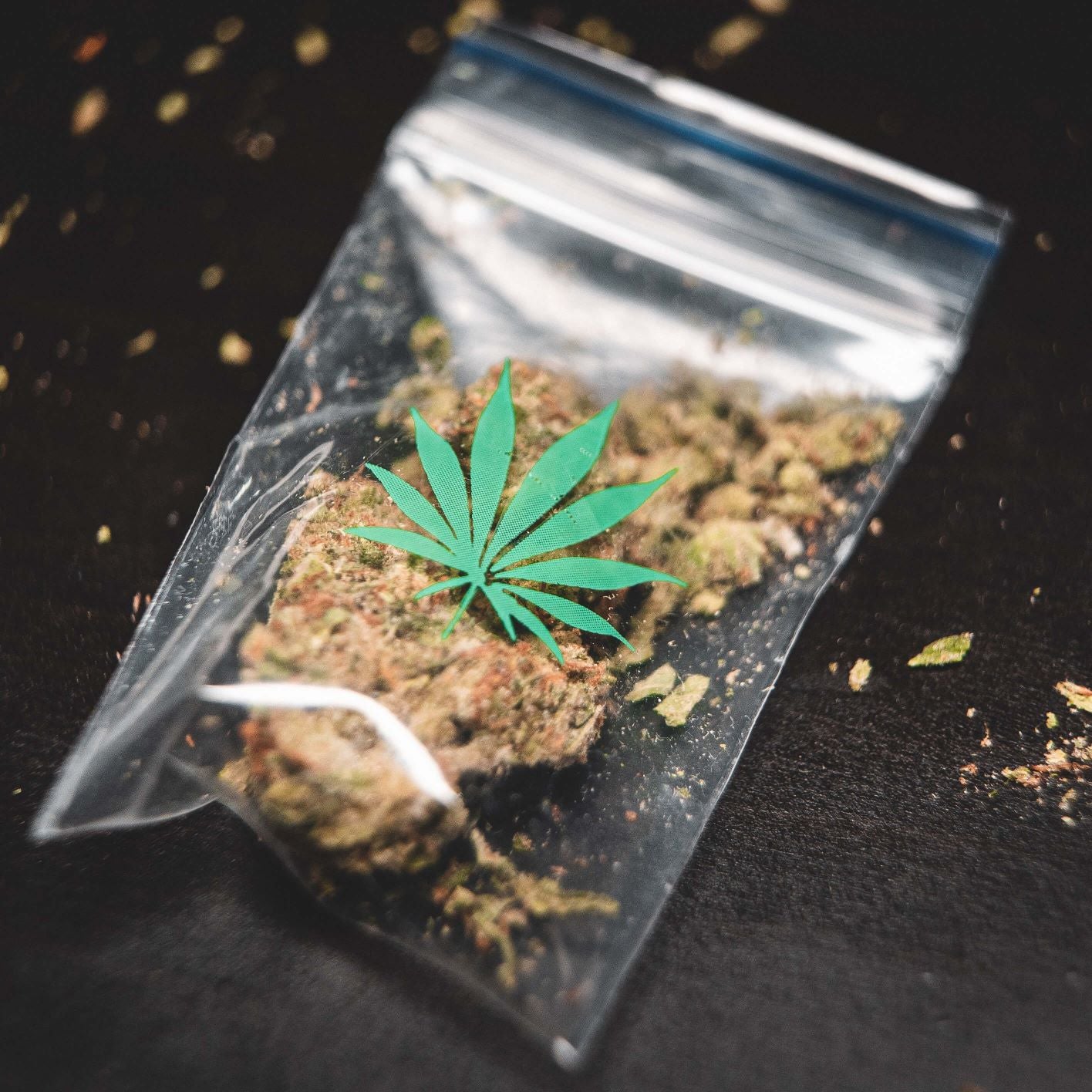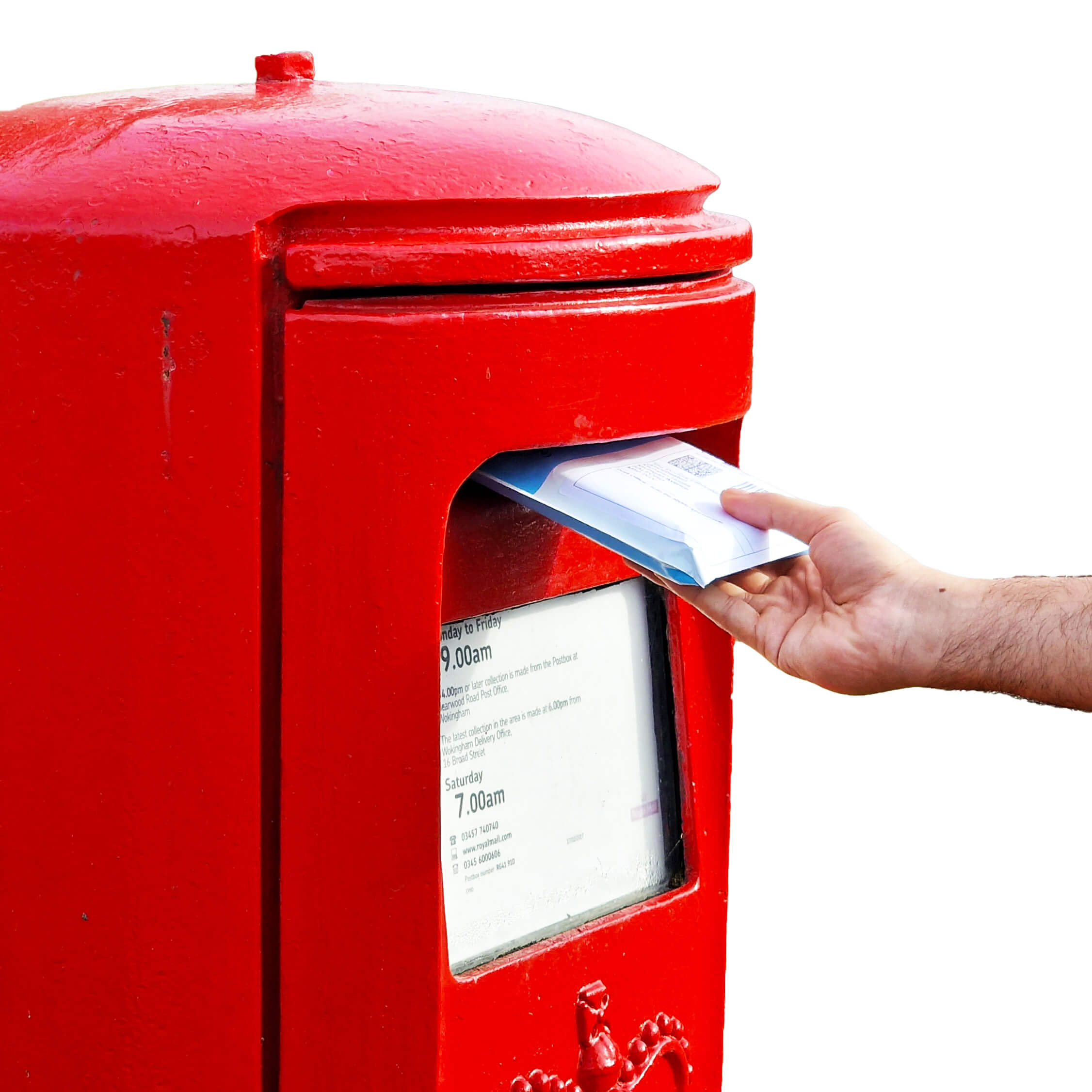
How Long Can Drugs Be Detected in Urine and Blood?
The detection window for drugs varies based on several factors, including the type of drug, dosage, frequency of use, metabolism, body fat, age, overall health, and whether the sample is urine or blood. Urine tests are typically used for employment drug screenings, while blood tests might be used in medical settings or in cases of suspected impaired driving.
Factors Influencing Drug Detection Times:
-
Dosage and Frequency: Higher doses and frequent use can increase the amount of time a drug stays in the system.
-
Metabolism: Individuals with faster metabolisms might process and eliminate drugs from their system more rapidly than those with slower metabolisms.
-
Body Fat: Some drugs are lipid-soluble, meaning they can be stored in fat cells. People with higher body fat percentages might retain these drugs longer.
-
Age and Health: Elderly individuals and those with compromised liver or kidney function may metabolise drugs more slowly.
-
Type of Test: Blood tests often have a shorter detection window than urine tests.
Drug Detection Times in Urine

Drug Detection Times in Blood

Want to test for all these drugs and alcohol in urine? CLICK HERE.
Collection list

Patient Reception
76 Wimpole Street, London.
W1G 9RT.
Monday-Friday: 7AM - 7PM
Saturday: 7AM - 1PM
Sunday: Closed
- Choosing a selection results in a full page refresh.





